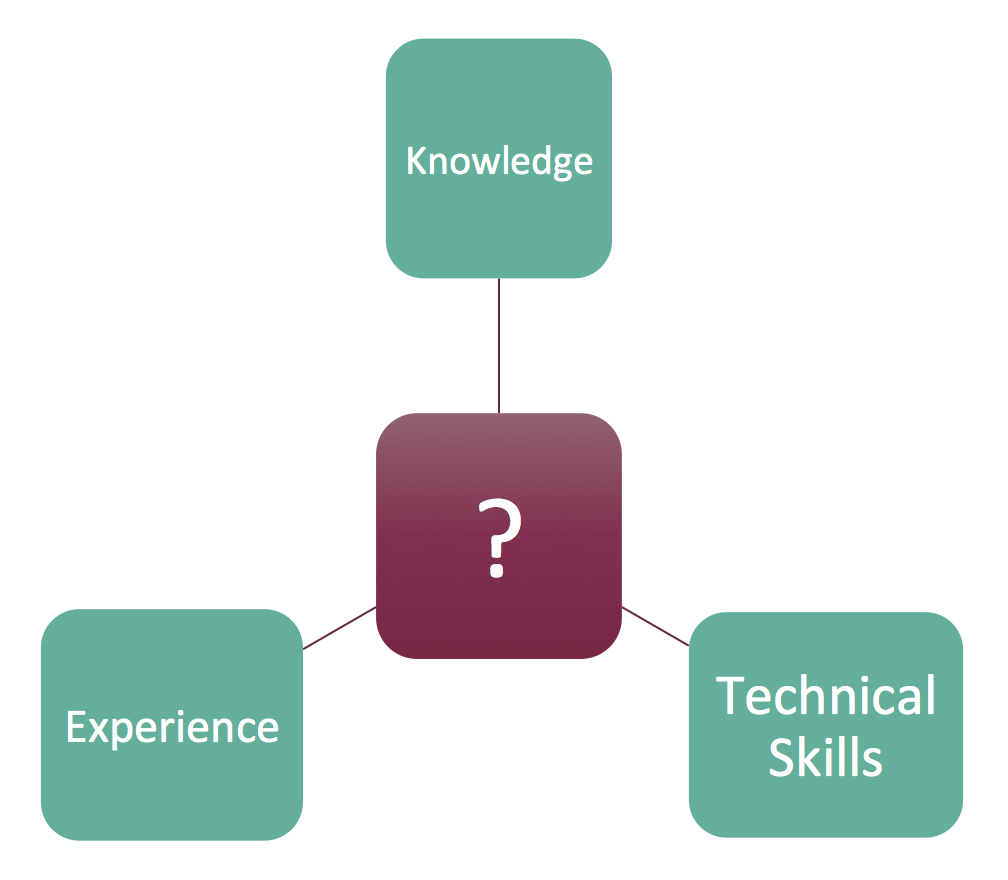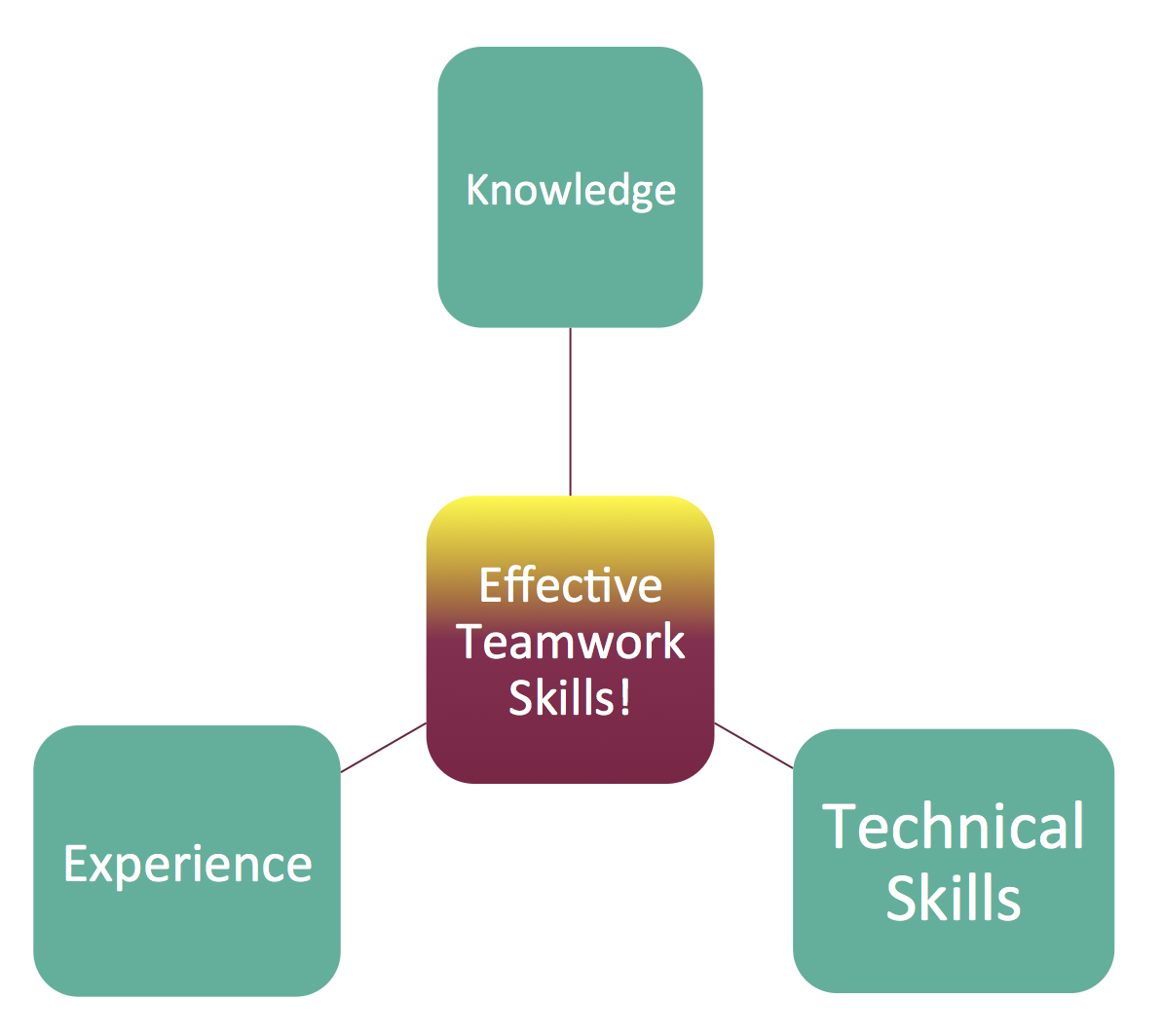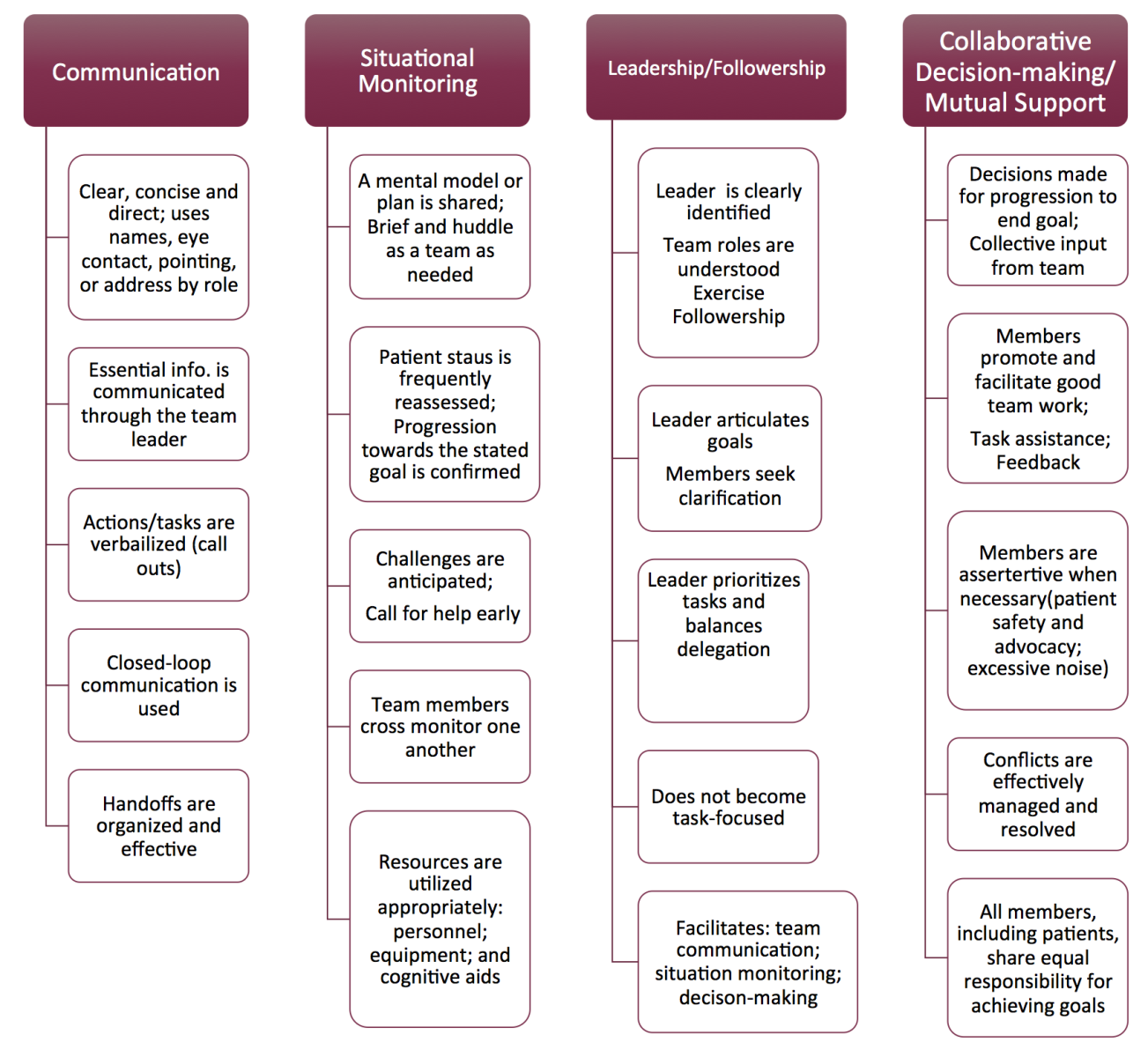Lesson 1: Teamwork Overview Welcome to the “Team Scheme modules”! These modules are relevant for anyone wanting to learn foundational teamwork concepts, and helpful for anyone entering into Simulation based education.
These are based on Dr. Frasers’ 'TeamScheme" a framework that combines TeamStepps and the National Interprofessional competencies (CIHC). Dr. Kristin Fraser and Mirette Dubé have developed these modules to include patient safety concepts, structured communication, critical language, various practical examples, reflections, and pitfalls.
We hope you enjoy learning about teamwork!
Dr. Kristin Fraser MD FRCPC, Mirette Dubé RRT MSc
Kristin.Fraser@ahs.ca Mirette.Dube@ahs.ca
____________________________________________________________
At the end of reading this handout, you will be able to:• Identify components of a well-functioning, competent team
• Consider specific teamwork strategies to improve team performance
• Consider examples of how one might apply effective team skills clinical practice
_____________________________________________________________
The most common reason for preventable medical error and preventable death during an acute medical admission is ineffective communication and teamwork. For example, poor communication was identified as the primary root cause in more than 70% of perinatal sentinel events recorded by the Joint Commission on Accreditation of Health Care Organizations. (1)
Key Point: Inadequate teamwork and communication represents the most common reason for preventable error in healthcare. Several frameworks have been developed to assist in teaching and learning of team skills, such as crew/crisis resource management (CRM)(2), Anesthetists’’ Non-Technical Skills ANTS(3), TeamSTEPPS (4)and the Canadian Interprofessional Health Collaborative Framework (CIHC)(5). While no single framework is superior for all situations, it is important for learners, teachers and practitioners to organize the elements of team skills so that team members can train on specific skills and discuss their performance in real and simulated situations with reference to common themes.
What defines a competent team? Generally speaking, competent teams must have skills, knowledge and experience:

With these critical components, teams
can succeed. But sometimes
individuals on a team collectively have all of these elements and the
team doesn’t succeed. What is the missing piece to this puzzle?
 Key Point: Without effective teamwork skills, a highly experienced, skilled and knowledgeable team will not necessarily succeed. Example:
Key Point: Without effective teamwork skills, a highly experienced, skilled and knowledgeable team will not necessarily succeed. Example:Consider the example of a patient in heart failure. Listed below are some of the essential knowledge, clinical experience, and technical skills associated with effective management of a patient in heart failure:
Knowledge: Know and understand the clinical signs, epidemiology, risk factors and treatment. Interpret the chest xray for vascular redistribution and cardiomegaly.
Clinical experience: Recognize the pattern of illness in order to make a quick diagnosis and rule out important differential diagnoses.
Technical: Auscultate crackles in the lungs and identify an elevated jugular venous pressure. The physician may start a central line while the RN starts an IV to administer medications. The Respiratory Therapist administers oxygen with an appropriate device.
Even with all of the
skills and experience listed above, things can go terribly wrong if the Interprofessional team doesn’t work well together. Consider these possibilities:
- if closed loop communication is not used there may be a medication given without the entire team recognizing the need to monitor for its effect and/or side effects.
- if the leader becomes task- focused on inserting a difficult IV at the same time the patient deteriorates, then there might be a time delay to effective management of the patient’s status, especially if no one on the team is assigned to monitor the overall situation while the leader is distracted.
There are important things about working together that
need to be practiced just like any other skill. Simulation based education can be very effective for learners of all levels as well as active healthcare practitioners because experience in team skills can be gained without risk to our patients, in a psychologically safe environment. But practicing teamwork does not always have to involve expensive simulation equipment. Talking about our team experiences and learning from them in our daily practice can be equally powerful.
Healthcare is very complex, and there are transitions in care where important information can be lost between team members. Practitioners often work under stress, making decisions with limited information, and with transient team members (eg. health care teams who may have never worked together may need to rapidly come together to treat an acutely deteriorating patient ). Accordingly, team members must understand what
effective team behaviors look like no matter what the team composition is on a given occasion.
In order to explore the key behaviours of an effective and reliable team we will use the following framework that has been derived from TeamSTEPPS http://(www.ahrq.gov/teamstepps/index.html) and the Canadian National Interprofessional Competency Framework (http://www.cihc.ca/search/node). The Team Scheme framework is one of many excellent frameworks available as discussed above.
“Understanding Teamwork” describes FOUR key content areas of effective teams. Under each heading there are 5 desirable skills that can be practiced by teams in training.
- Communication
- Situation Monitoring
- Leadership/Followership
- Collaborative Decision Making/Mutual Support
Understanding Teamwork:  Key Point: Just like other skills in medicine, teamwork skills require deliberate practice in order for a team member to achieve competency in this role. Effective team members and Interprofessional collaboration are the critical building blocks of effective and reliable teams.
Key Point: Just like other skills in medicine, teamwork skills require deliberate practice in order for a team member to achieve competency in this role. Effective team members and Interprofessional collaboration are the critical building blocks of effective and reliable teams. The next four modules will take a closer look at each of these team work domains in closer detail.